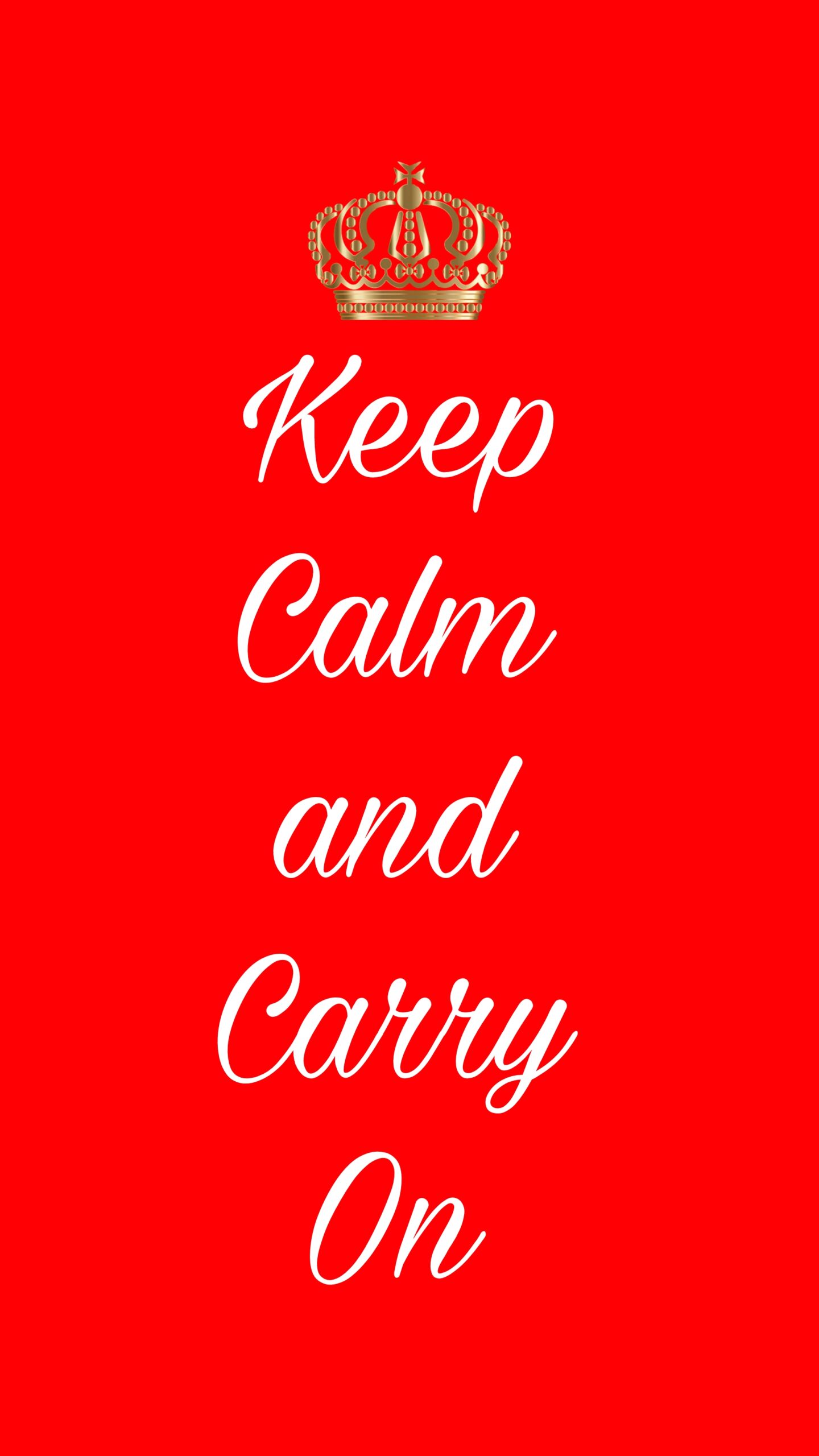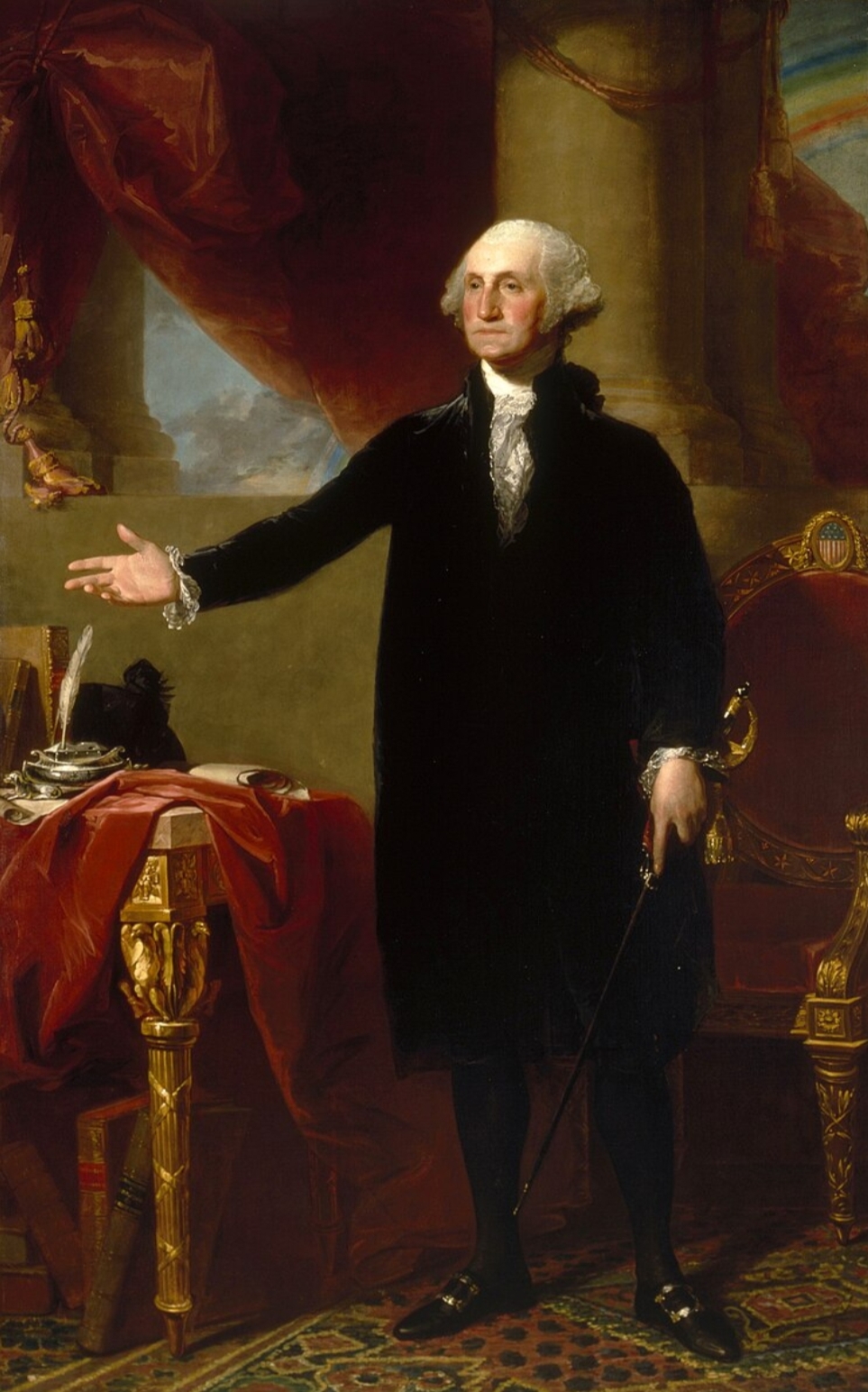Popular quotes pop out from the most unexpected places, be it a turn of fortune, misinterpretation, or daily life. Read more interesting stories of famous quotes that emerged in peculiar ways.
1. “Do or do not, there is no try.”
Attributed to: Yoda, Star Wars: The Empire Strikes Back(1980)
Inspiration: Eastern Philosophy & George Lucas’ Own Experience
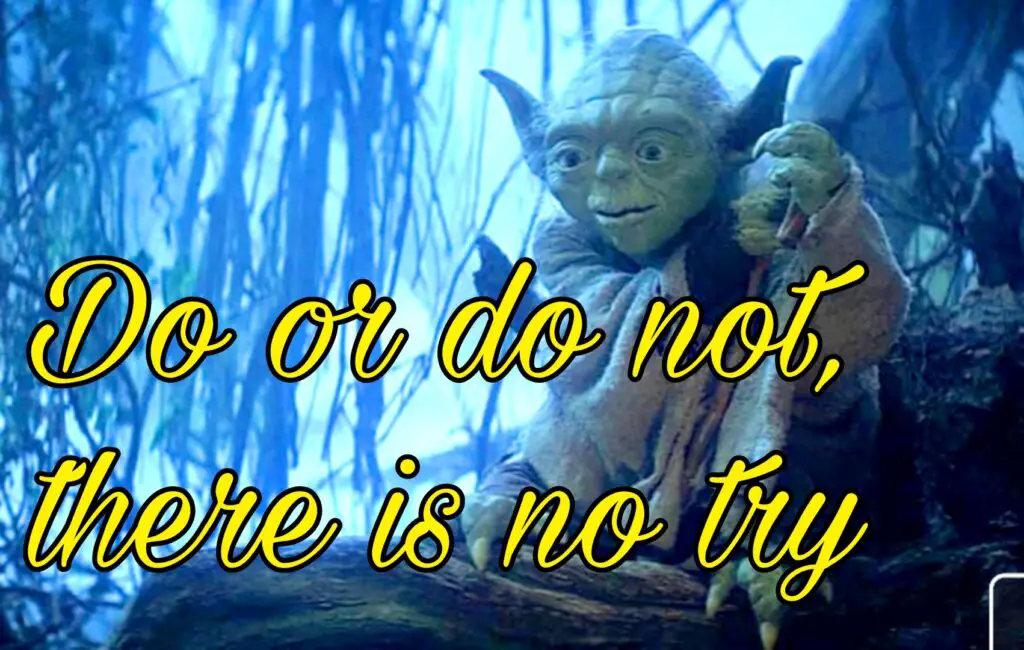
This phrase, such an iconic line from Yoda, has become so much more of an inspirational mantra for endurance and commitment. Though it certainly fits well within the context of Jedi training, its origin is much deeper in George Lucas’s interest in Eastern philosophies, including Zen Buddhism. His own journey as a filmmaker also proved something to him-that the difference between success and failure often comes down to fully committing to your goals. The sentence wraps up this attitude with an ancient wisdom in it, along with a very modern story.
2. “I am the one who knocks!”
Source: Walter White, *Breaking Bad* (2011)
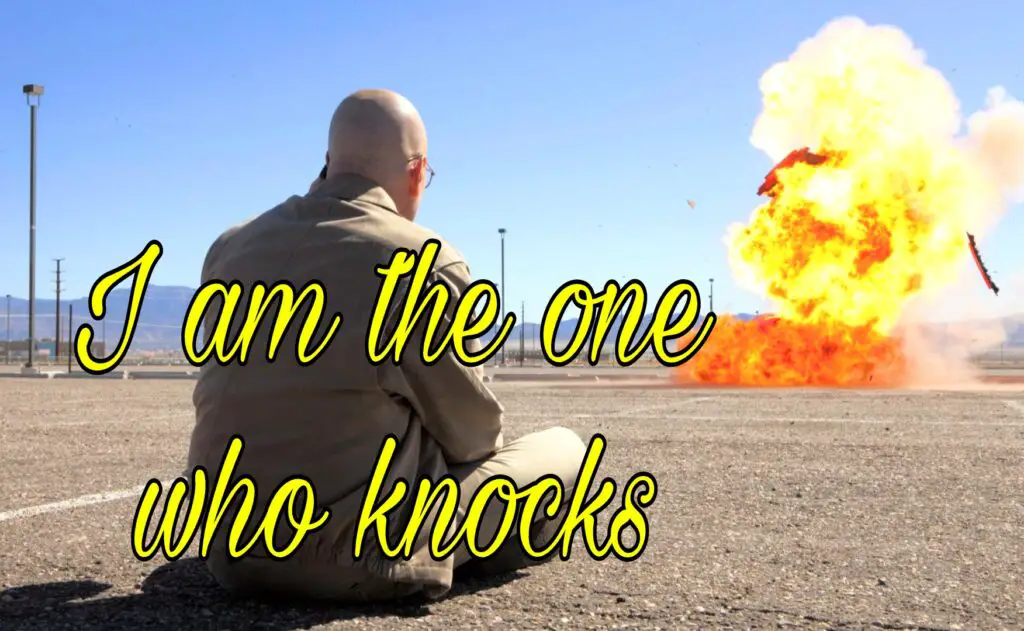
Inspiration: Crime Dramas & Shakespearean Tragedies
But perhaps no one underestimated more than Walter White, as he declared this chilling declaration in Breaking Bad. The line is inspired by the classic crime dramas and Shakespearean characters, such as Macbeth, who, like Walter, descend into darkness and welcome his inner monster. Creator Vince Gilligan wanted a line that conveyed the moment Walter went fully into embracing his identity as Heisenberg, marking his complete transformation from a meek chemistry teacher to a ruthless drug kingpin.
3. “Float like a butterfly, sting like a bee.”
Author: Muhammad Ali, 1964
Inspiration: Ali’s Coach, Drew Bundini Brown
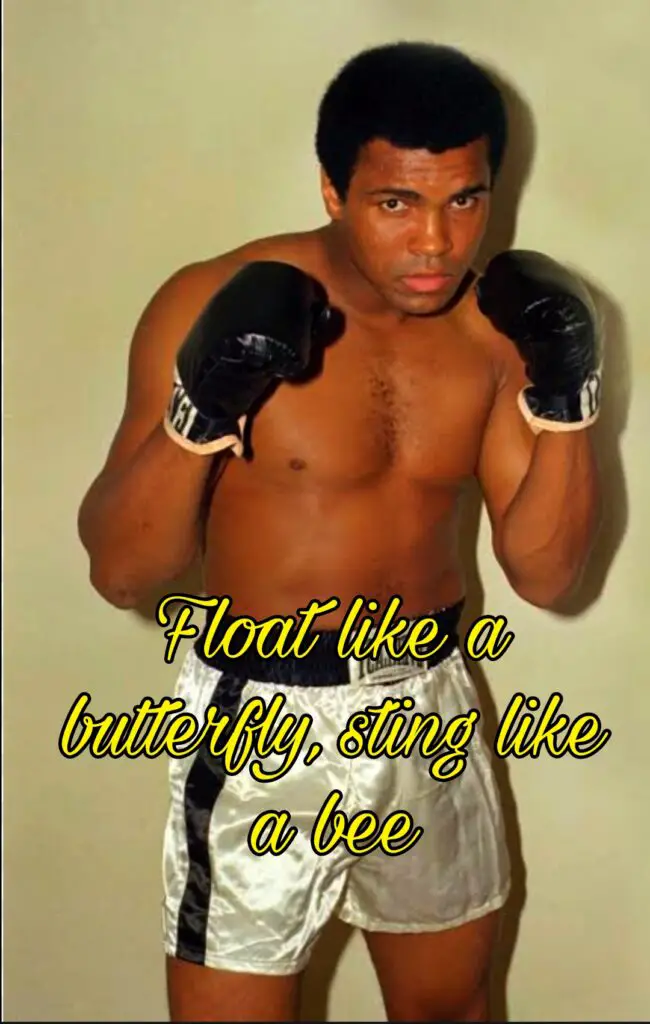
This poetic description of Muhammad Ali’s fighting style is one of the most popular phrases in sports history. Interestingly, though, he was not who coined the phrase but was coined by his trainer, Drew Bundini Brown. Bundini Brown was famous for his creative expressions of words as he often spouts out phrases and rhymes to hype up Ali before matches. To appropriately capture the uniqueness that Ali had as a fighter in the ring between grace and power, this line remains an iconic symbol of his persona.
4. “Elementary, my dear Watson.”
Source: Sherlock Holmes
Inspiration: Literary Paraphrasing & Popular Misquotation
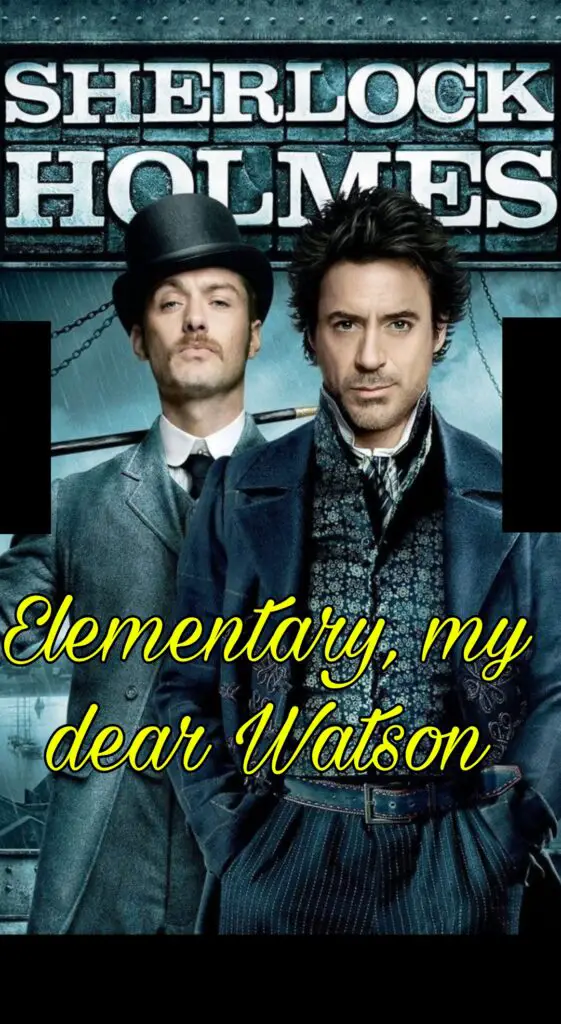
Though this line is often associated with Sherlock Holmes, it never appears in Arthur Conan Doyle’s actual tales. The closest possible comparison occurs when Holmes answers Watson’s question with “Elementary” in the line from The Adventure of the Crooked Man. This whole sentence has become one of the most quotable lines of a film and theatre play associated with the detective, although technically it is a misquote.
5. “Just do it.”
Author: Nike
Inspiration: The Last Words of a Killer

One of the most effective advertising slogans ever conjured up-“Just do it”-miraculously came out of something macabre: the last words uttered by a convicted murderer. Dan Wieden, co-founder of the Wieden+Kennedy ad agency, was inspired by the words of Gary Gilmore, who would utter “Let’s do it” before his execution in 1977. Wieden transformed the phrase into something more positive and motivating; what ultimately became a slogan synonymous with Nike for decades.
6. “Keep Calm and Carry On.”
From: British Government (1939)
Inspiration: WWII Propaganda & British Stoicism
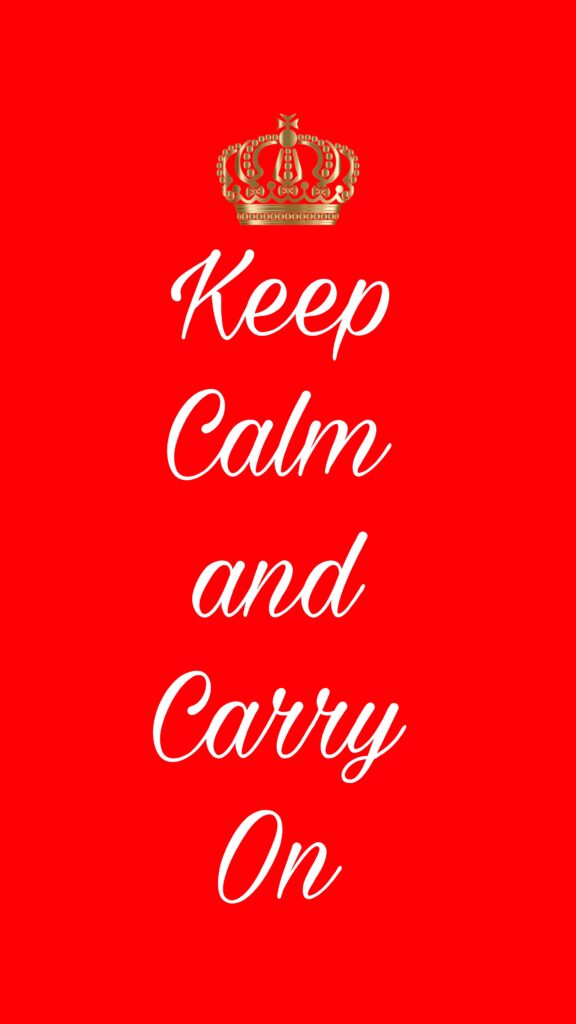
The British government wrote this phrase during World War II for a motivational poster to try to build up public morale in the face of air raids. It never really circulated that much and was nearly lost until a copy was found in a bookshop in 2000. Now this phrase has, in most places, become synonymous with British stoicism and resilience. It has since been adapted into countless memes and merchandise, growing beyond its origins to become a global cultural phenomenon.
7. “With great power comes great responsibility.”
Source: Spider-Man Comics (1962)
Inspiration: Historical Sayings & Moral Teachings
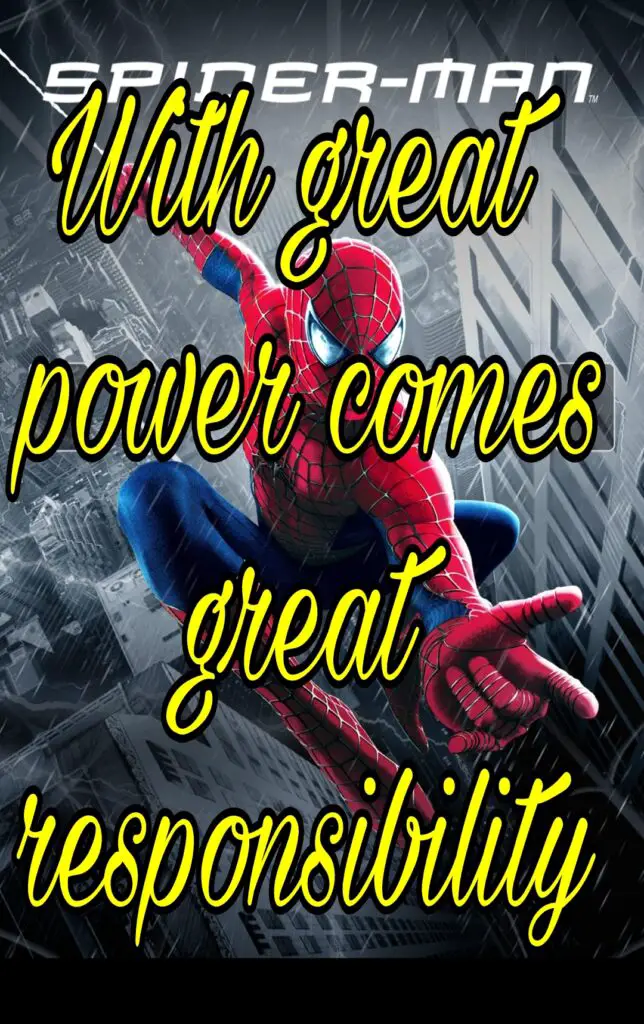
This phrase has been more famously associated with Spider-Man’s Uncle Ben and how he most famously teaches this lesson to Peter Parker. In fact, the phrase itself is much older than the comics. Different forms of this concept have appeared in the works of Voltaire, the Bible, and ancient Roman literature. Surely Stan Lee and Steve Ditko did take influence from those past works, creating their memorable, ethical line that defines the superhero.
8. “The only thing we have to fear is fear itself.”
Author: Franklin D. Roosevelt (1933)
Inspiration: Political Advisors & Classical Rhetoric
This is one of the most famous statements made by Franklin D. Roosevelt in his first inaugural speech in order to rally the American people during the Great Depression. The phrase was derived from Roosevelt’s advisors, notably Louis Howe and Raymond Moley, to create confidence and perseverance. The concept must have borrowed from ancient oratory where the notion that fear is more paralyzing than the problems themselves has been raised as a continuous theme. Roosevelt’s speaking of the line made the phrase one iconic American message.
9. “Houston, we have a problem.”
Source: Apollo 13 Mission (1970)
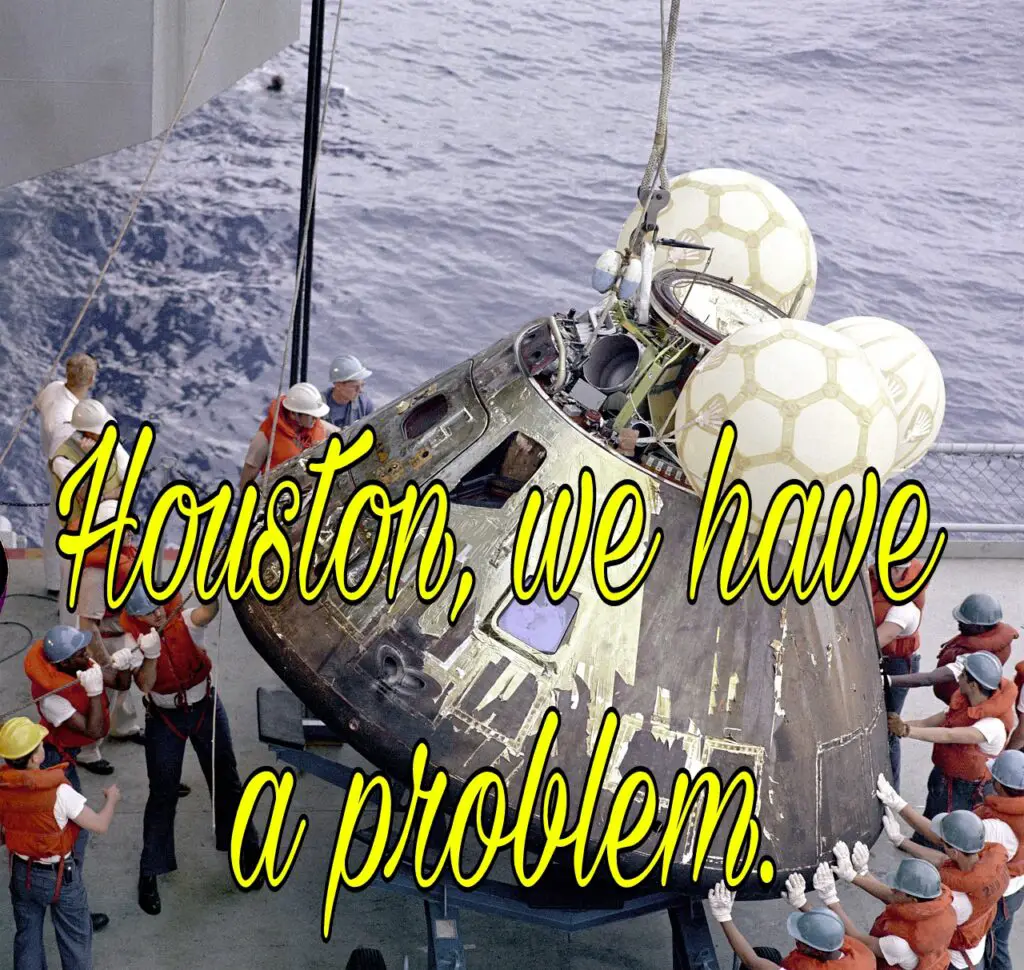
Inspiration: Actual Crisis Communication
This famous phrase went public with the Apollo 13 mission when astronaut Jack Swigert first spoke of the explosion that put the mission at risk. Though the phrase actually spoken was, “Houston, we’ve had a problem,” the slight alteration in the film Apollo 13, released in 1995, made it more concise and dramatic. The phrase has since been used in countless contexts to signify a significant problem, but its origins remain firmly implanted in the tense moments of a real-life space mission.
10. “I’m mad as hell, and I’m not going to take this anymore!”
Source: Network (1976)
Inspiration: Social Unrest & Media Criticism
This is one of the most epic lines said by the fictional news anchor Howard Beale in the 1976 film Network. This phrase summarizes the growing frustration and anger among the American people during the 1970s, a time of great social and political upheaval. The scripwriter Paddy Chayefsky wrote this line to give birth to the negative feelings toward the press and an impotence many people felt. The character’s on-air tirade came directly into viewers’ hearts. It is one of the words that spark what’s wrong in the status quo for all those fed up with this situation.
Conclusion
The origin of such popular modern quotes shows us the power of context and reinterpretation and something in the translation of words to real people at different times and cultures. Indeed, whether profound or practical, these quotes show how inspiration can come from the most unexpected of places.
In the world of popular quotes, inspiration often comes from unexpected sources ,whether through a twist of fate, a misinterpretation, or the mundane moments of life. Below are some fascinating stories behind well-known quotes that originated in surprising ways.
